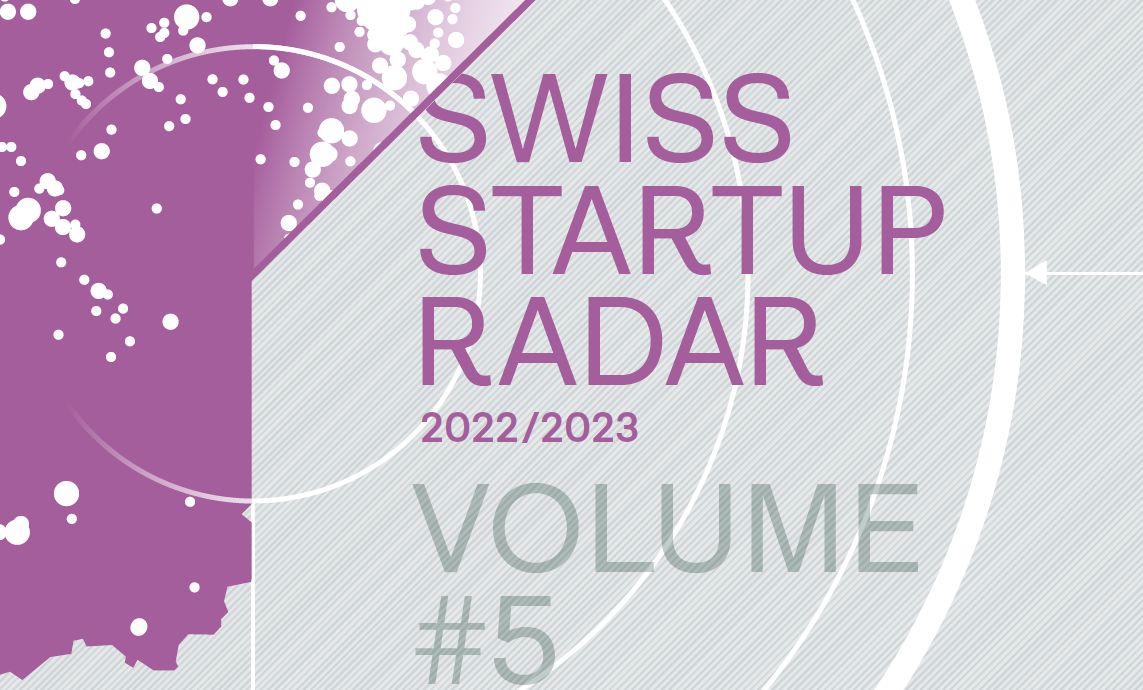
The world is becoming sustainable and Swiss start-ups are working on the requisite technology. In terms of population, no other country has more sustainability start-ups than Switzerland. This is shown by the fifth edition of Swiss Startup Radar published by the online news portal startupticker.ch and the University of Lausanne.
The year 2019 was the year of climate protests. In Switzerland, Klimajugend was voted word of the year. The EU presented its Green Deal, with which it wants to make Europe climate-neutral by 2050. And in March 2019, the Tesla Model 3 was the first all-electric vehicle to top the list of best-selling cars.
A look at the start-up statistics for Europe, Israel, North America and Asia shows that 2019 was also a special year for international innovation ecosystems. The number of new start-ups that enable more resource efficiency and sustainability through their products and services has increased worldwide since then.
In Switzerland, the proportion of sustainability start-ups in all technology and science-based start-ups increased from 4% to almost 10% in just two years (2019 - 2021). In parallel, the total volume of venture capital investment in this sector grew from CHF 200 million to CHF 600 million. As of 2022, Switzerland has the highest density per capita of sustainability start-ups.
Two sectors deserve special mention: mechanical engineering and the food industry. Switzerland has mature innovation ecosystems in both sectors: founders have the opportunity to collaborate with leading international universities and market-leading companies at all stages of the value chain.
Meat substitute products and AI-based platforms for resource-saving agriculture represent these strengths, as do natural fibre-based composite materials that reduce the ecological footprint of mobility.
Swiss Startup Radar is a co-production from the online news portal startupticker.ch and the University of Lausanne, and is published for the fifth time in 2022. In addition to national sources, the authors also evaluate international databases such as Pitchbook and Crunchbase. Overall, the analysis is based on data on about 5,000 domestic and more than 250,000 foreign start-ups.
The trilingual Swiss Startup Radar can be downloaded from our Asset section.























































Please login or sign up to comment.
Commenting guidelines